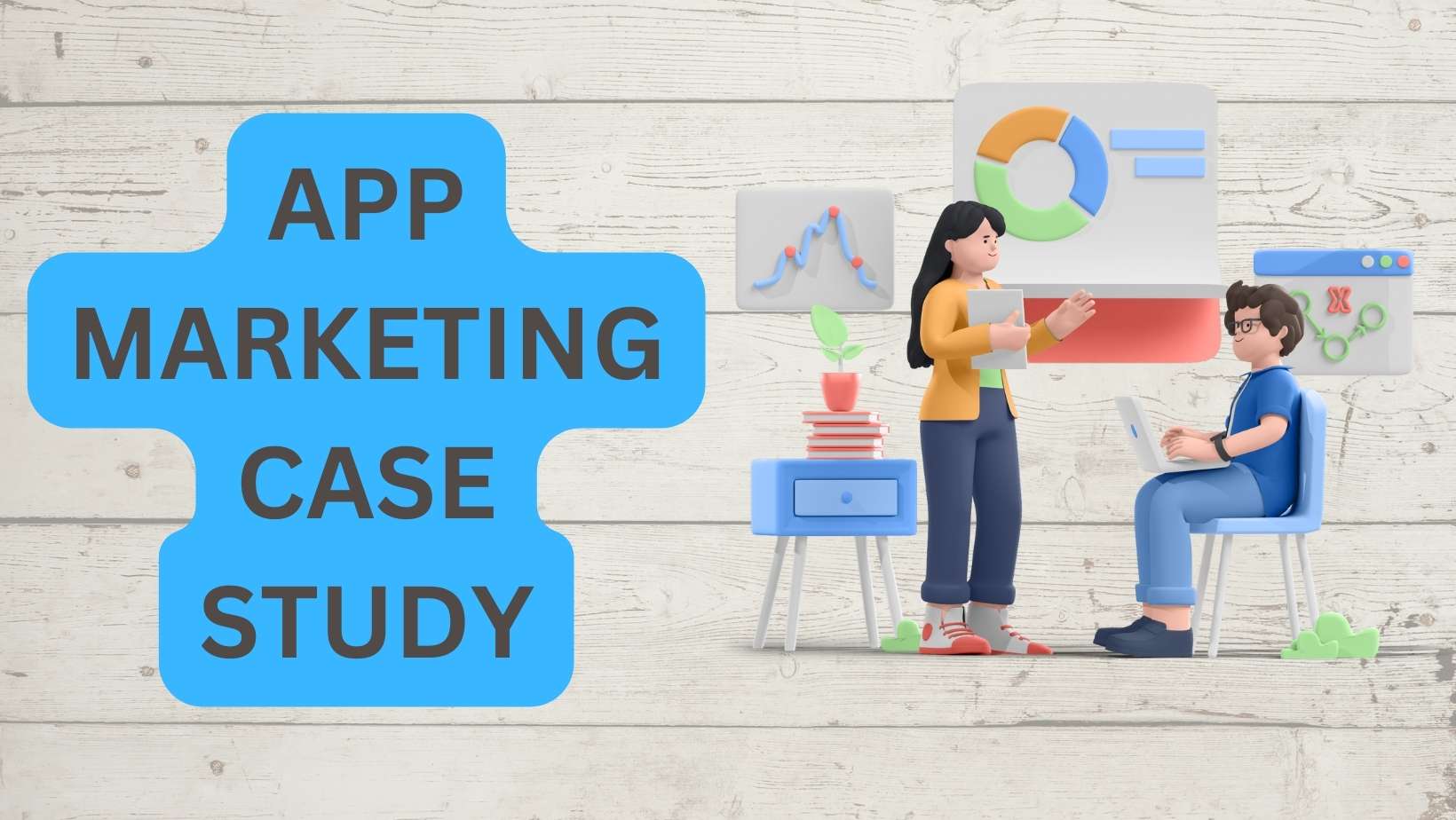

With the mobile app market evolving over the years, there is a lot of competition among the developers of mobile apps. As a mobile app developer, if you fail to come up with unique ideas and marketing strategies, the life cycle of your app will be bound to be shorter.
Here are a few excellent mobile app marketing case studies that should give you an idea about how to market your mobile app efficiently:
Page Contents
Case Study #1: KLM Airlines
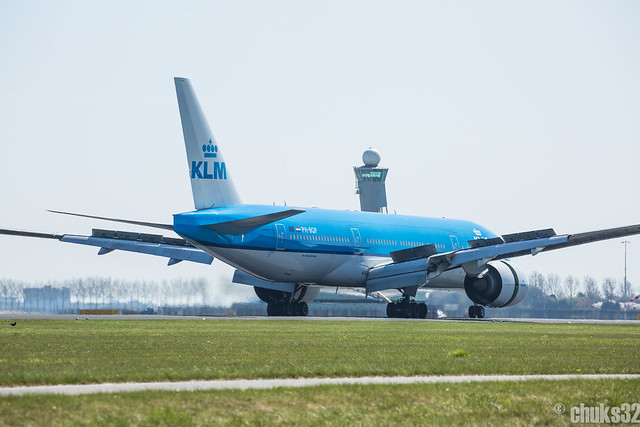
The goal was to get the users of KLM Airlines to use their mobile app to make their flight bookings. They also wanted to provide a platform for mobile passbooks as well as location-based notifications.
Marketing Strategy
They launched a three-week-long campaign wherein free app access was given to people who made use of their mobile booking engine. This access was provided as mobile coupons that were sent to the Google Wallets (for Android users) and Passbooks (for Apple users) of users. Through location-based notifications, KLM reminded the users who were in the vicinity of KLM lounges, to redeem their coupons
Results
KLM mobile site visitors increased by 17 percent. There was a 34 percent increase in bookings and a 38 percent increase in mobile revenue.
Takeaway
You can encourage more people to use your mobile app by giving them offers and extra benefits.
Case Study #2: ASDA – British Supermarket Chain
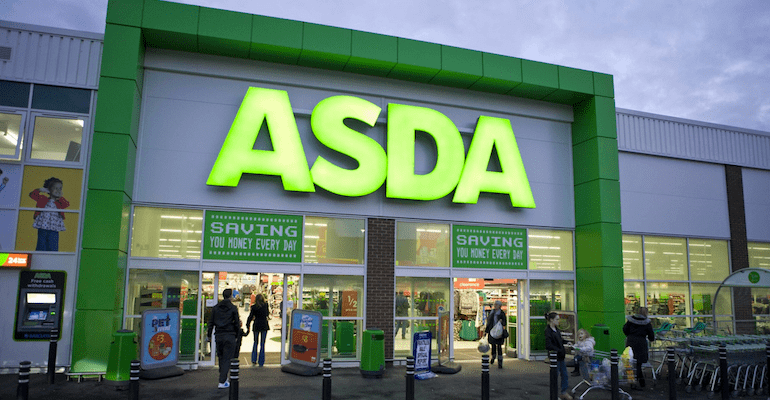
ASDA wanted to develop a mobile app for busy moms to make their grocery shopping more convenient. They were looking at generating at least 10 percent of the grocery transactions through this mobile app.
Marketing Strategy
They decided to take the opinions of their existing customers on the kind of app that would make their shopping more convenient. They designed the app based on their customer feedback and kept it as simple as possible. They included a ‘Did You Forget?’ feature that showed them the items they had purchased recently so that they don’t forget to order the items that they usually order. The app also displayed live petrol prices to help customers fill fuel at the closest ASDA petrol stations.
Results
The number of app downloads crossed 2 million. The app bagged the IGD Digital innovation award. There was an 18 percent increase in home grocery shopping and around 90 percent of it was made through the mobile app. Mobile app shopping exceeded desktop shopping by 1.8 times.
Takeaway
Make sure your mobile app is simple so that everyone finds it easy to use, irrespective of the age group they belong to.
Case Study #3: HotelTonight
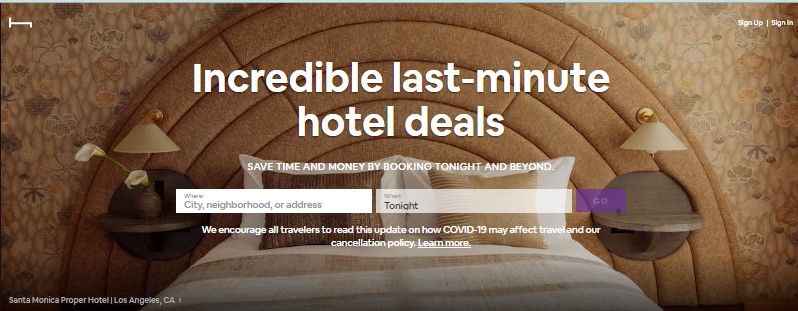
HotelTonight wanted to introduce more potential users to their mobile app by showcasing its usability and functionality. They wanted to enhance the user experience of their app.
Marketing Strategy
They launched a mobile video campaign by uploading videos of their hotels, highlighting all the facilities that the users could enjoy. The idea was to make sure the users downloaded the app and engaged with it regularly.
By providing incredible experiences to their customers, they made sure their customers reviewed and shared their HotelTonight experiences with others. They encouraged them further by launching a ‘Tell a Friend’ Marketing Campaign, through which users could get $25 every time they invited a new friend to join HotelTonight, via Email or Facebook or Twitter post. The friend they invited would also receive $25 upon booking their first room using the app.
HotelTonight leveraged the power of social media to expand its customer base. They used Facebook to share videos and make announcements about new hotels that were added to their mobile app. They also used Twitter to promote their offers and special deals.
Results
70,071 people followed their Facebook page in a span of nine months. They saw a 326 percent increase in their app install rate. Within just one month they managed to achieve 115 percent returns on their ad spends. 60 percent of their customers came through Word of Mouth and the rest through their mobile app.
Takeaway
Word-of-mouth marketing can be very effective if you incentivize your users for referrals. Leveraging social media is a great way to promote your app.
Case Study #4: BNP Paribas Wealth Management

BNP Paribas Wealth Management intended to increase its customer engagement by providing them access to their financial information via their mobile devices.
Marketing Strategy
They created their application for iOS, Android, and Windows and launched their mobile-first platform foundation software.
By creating dynamic user segments, they started sending out personalized, relevant, and targeted in-app messages as well as push notifications to their users.
They encouraged their loyal and frequent users to rate their app, by using pop-up messages in the app.
They also broadcasted targeted push notifications to promote their ‘My Wallet’ app, as a cross-promotion campaign. Through this, they managed to generate a lot of free downloads in Google Play Store as well as Apple App Store.
Results
Their App store ratings went up to 4 from 2.5. They also got adequate press coverage, which increased the customer base of the bank.
Takeaway
Think competitively to come up with realistic solutions that can be beneficial for your customers
Case Study #5: Guidecentral
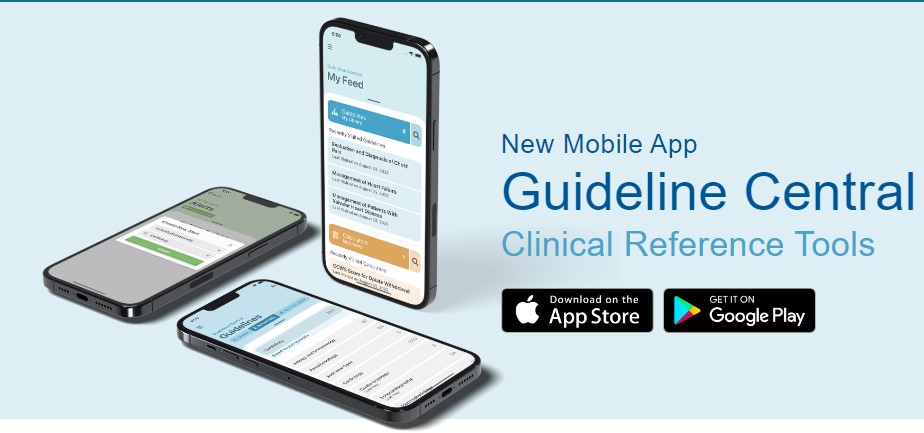
The objective of Guidecentral was to increase the visibility of their app and achieve more downloads.
Marketing Strategy
They replaced their app icon with a more attractive one so that it would stand out from the rest of the apps.
They used the ‘how to’ keyword in their app name, because of its huge search volume. They optimized their app by adding some relevant keywords, their unique selling points and a call-to-action (CTA), to their app description.
Results
They saw a whopping 700 percent increase in their app downloads because of the new icon
Takeaway
Minor details such as your app icon and app description play a major role in the success of your app. Make sure you optimize everything.
Case Study #6: Amazon
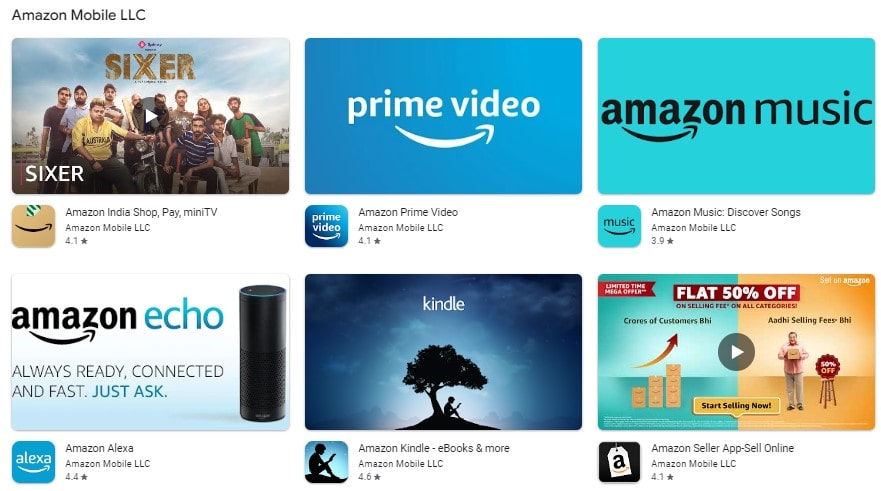
Amazon wished to relaunch its shopping app and rebrand itself to increase its ranking in the App store. The app was removed from the Play Store because of its low ranking, following certain changes in Google policies.
Marketing Strategy
They optimized their app by adding the ‘shopping’ keyword to their app name.
Result
The traffic increased from 2.12 percent to 9.88 percent after they optimized their app using the keyword ‘Shopping.’
Takeaway
One way to increase your ranking in the app store is to add the perfect keyword to your app name
The Bottom Line
The above app marketing case studies may have revealed a few successful strategies to help you achieve more app downloads and increase your customer base. Of course, a well-developed app is a must; but the promotion of the app also plays a major role in the success of your mobile app.